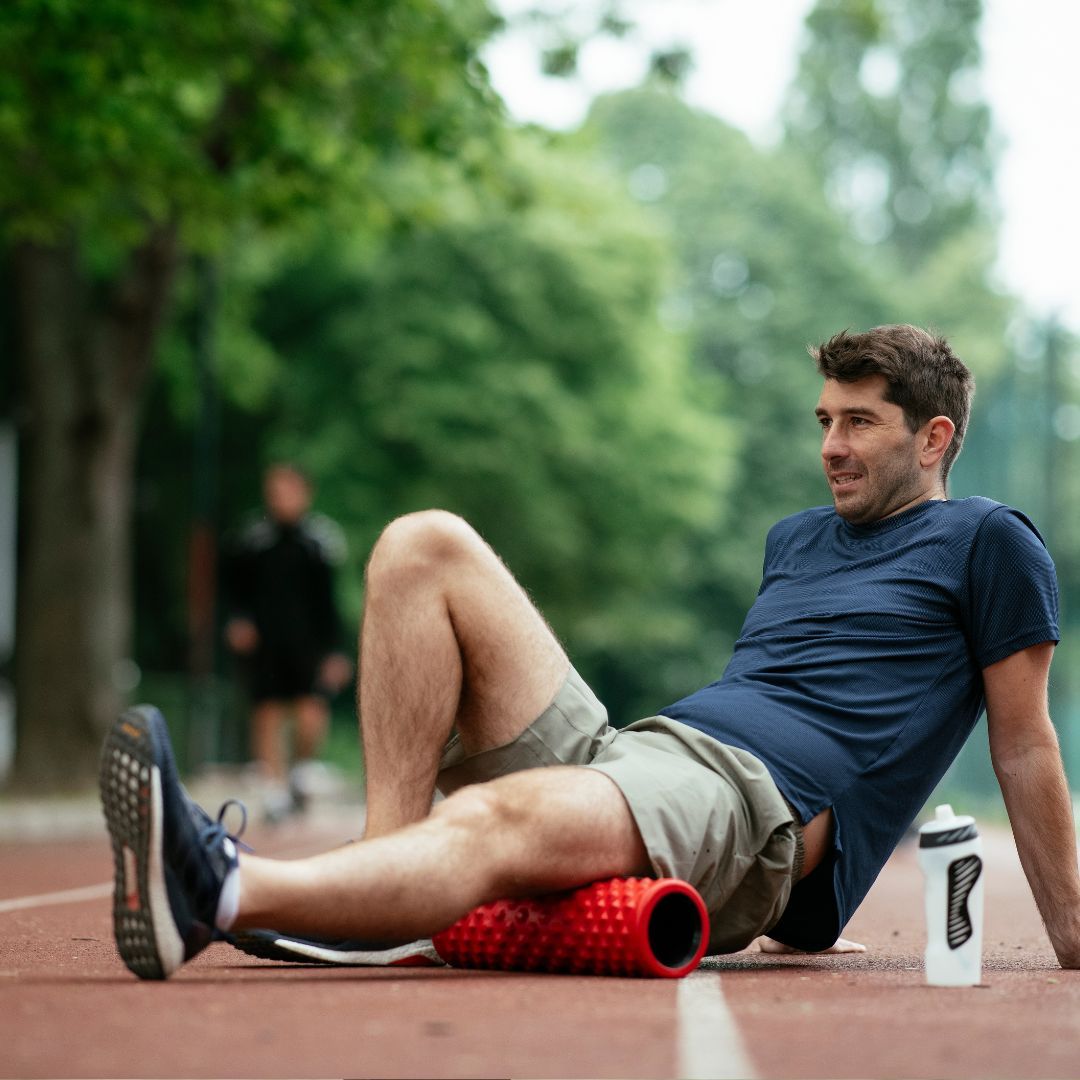Common mistakes runners make.
10 mistakes runners often make, and how you can avoid them!

Here are 10 of the mistakes that runners commonly make, and what you can do instead!
Ok, mistake number 1!
Going too fast in workouts. Going out too fast in a workout on your intervals changes the workout. You train the wrong muscle fibres, engage the wrong energy systems and wire the wrong neuromuscular pathways. I know it is tempting to run faster if you feel like you can, but each workout has a purpose. There is a reason certain length intervals have certain paces. If you are using a properly planned program they will be planned to build on each other and to develop the muscles and energy systems in such a way to get you to your race in peak condition. IF you change the paces and go hard, hard every time you run you simply cannot expect the outcomes you desire.
Mistake number 2!
Running every run medium-hard and entering the ‘blackhole’ of running. Some runners think they need to prove their fitness during every run. They run their easy runs too hard (because a slow pace would be embarrassing on Strava, right!!??) but then are too fatigued to excel during their hard sessions. This ends up with the athlete running medium-hard all the rime and getting no benefits from either easy run (building mitochondria) of workout (building muscle and energy systems). The moral here is; Run your easy runs EASY!!! That means you can chat easily with the person next you.
Mistake number 3!
Not doing any hard runs. Although it is tempting as ultra-runners to run lots of long easy runs, this will not get you to your race in peak performance condition. This strategy will lead to the atrophy of the fast twitch muscle fibres, decreased nervous system efficiency and the decreased ability to maintain race pace. Properly planned and executed speedwork will reverse and improve all of these factors.
Mistake number 4!
Not prioritising recovery. Athletes who run speedwork sessions two days in a row on a regular basis (as a one off it might be ok) or a speedwork session the day before a long run in the hills (Which is basically having two big quality days back-to-back) damages muscle fibres and connective tissues, depletes fuel reserves and hormones and fatigues the nervous system. Recovery takes time and easy days. It also takes nutrition. Those athletes who don’t bother replenishing with protein and carbs after sessions leave themselves in the situation where they do not benefit from the run. The body needs fuel to repair and rejuvenate. I have heard athlete’s say ‘eating is cheating’ and to be honest, that sis so far form the truth I can’t even begin to believe someone would say it. You need good quality nutrition to recover. I have been logging fairly big kms and doing many big races over the years. I have longevity in this sport and I put that down to smart training and a big focus on nutrition. Eating quality food is my (not so) secret weapon! You don’t need ice baths or compression boots, or all that stuff. What you need to recover is sleep and food. That’s it.
Mistake number 5!
Monster workouts. Some runners believe that more is always better. More kilometres, more reps, more speed, more kudos on Strava for smashing another session. This ends up with the athlete leaving their race day performance out on the training roads or trails. Save the racing for race day. You should leave every run feeling you could do more if you really wanted to. You could do one more rep for that session, one or two more kilometres on that long run. Running should not leave you feeling destroyed. More often than not, less is more!
Mistake number 6!
No adjustments. Many runners refuse to change a workout once it’s started. But unpredictable variables like weather, tiredness, allergies and so on can adversely affect your workout. Adjusting a workout on the fly allows you to get some training benefits without the risk of over training. For instance, if I head out the door and I I’m feeling tired I have it in the back of my mind that I will see how I go. I start the intervals and if I can’t hold pace, I will ease back a bit. If I am still feeling terrible, I turn it into an easy run. In this way, I am still getting a run in, but I am not overtraining myself by forcing my body to push when it is tired.
Mistake number 7!
Buffet running. Remember those all you can eat buffets? I do, and wow did I love them, being able to pick and choose whatever foods I wanted! However, this is not a good strategy for building your running program. Some athletes hear about what other runners are doing for workouts or long runs and figure they should do the same. These leads to a random approach to workouts that neither progress the athlete nor build on previous work. It is also a recipe for heading to over training as they try to do workouts that suit others but necessarily themselves.
Mistake number 8!
Sticking to what worked before. This is where athletes cling to old training programs regardless of results, or because it worked once. Things change; your body, your fitness, your experience, your age, your available time. What worked last year may not work this year. Also, the body loves to reach homeostasis. Sometimes you need to provide the body with a different stimulus if you want it to improve.
Mistake number 9! (we’re nearly there!!)
Pretending injuries won’t happen to them. Studies confirm that anywhere from 50-80% of runners will get injured in any given year, even if they have a coach (human bodies are human bodies after all!). Some athletes figure it won’t happen to them, so they don’t need to do things like rolling, mobility, stretching or getting regular massages. But I’m here to tell you that you NEED to do these things to prevent injury. Also, staying hydrated and well fed with quality nutrition helps with reducing the chance of injury. As does doing strength work!! Look after your body and it will look after you!
Lastly, mistake number 10!!
Goal fitness. Many runners base their workout paces on the fitness they are aiming for or the time goal of the race they are preparing for. This is like me buying a Porsche now in the hope that I will one day be rich enough to afford it (I won’t, sadly) Workout paces should challenge your current fitness, not destroy it. It comes back to mistake number one, running your workouts too fast. Athletes will end up over-trained, injured and burnt out. Not a recipe for success.
So there you have, 10 mistakes that runners make. Have a think about how you train and be honest about whether you sometimes fall into the trap of doing these things. Often, we don’t even realise we are!! Let this be a wake-up call!!
Wherever you are in the world, have fun out there on the roads and trails! Catch you soon!!











